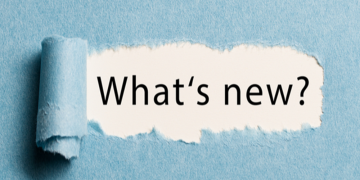Ana Bohr has built her career around flexibility.
The 29-year-old has worked in the entertainment industry in Los Angeles for over three years. She picks up freelance and full-time gigs and posts her own content on social media to carve a path for herself without being boxed in.
“I definitely lean more towards the Gen Z culture of trying different things,” said Bohr, an assistant to social media personality Noah Beck. “We’re not letting anything define us.”
But her bosses didn’t always see things the same way. She and her supervisors in their 40s and 50s had conflicting ideas about what an employee’s work life should look like, she said.
“They view it as ‘you’re my assistant, and that’s all you can do,’” said Bohr, saying they disapproved that she posted about her life and career on TikTok.

In her current job, she works with a younger team that takes what she considers a more open-minded approach to things like dress code. They might wear sweaters and jeans rather than corporate-friendly business attire, for instance, and they don’t mind if she works remotely, a change from previous roles.
“They’re not like so focused on, like, ‘you have to put your hours in 9-to-5 in the office,'” she said.
Bohr is one of many young professionals whose flexible approach to their work lives may differ from previous generations, contributing to widespread stereotypes that Gen Z and millennials have different – and even muddled – priorities.
What’s the common thread?
For…



























































